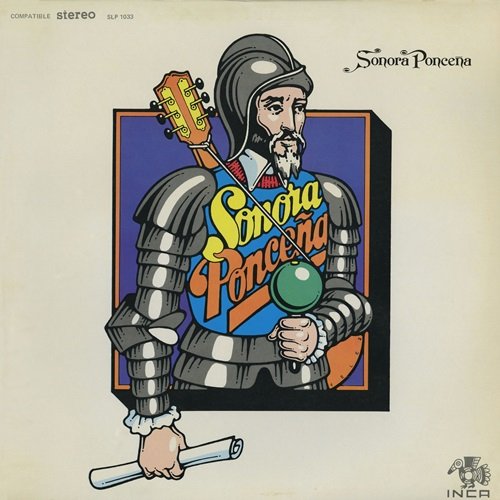Florian Uhlig - Schumann: Complete Piano Works, Vol. 11 – Schumann & E.T.A. Hoffmann (2018) [Hi-Res]
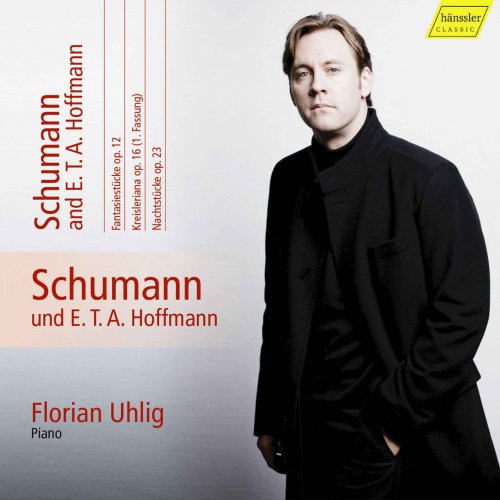
Artist: Florian Uhlig
Title: Schumann: Complete Piano Works, Vol. 11 – Schumann & E.T.A. Hoffmann
Year Of Release: 2018
Label: haenssler CLASSIC
Genre: Classical
Quality: FLAC (tracks, booklet) [96kHz/24bit]
Total Time: 1:15:11
Total Size: 1.14 GB
WebSite: Album Preview
Tracklist:Title: Schumann: Complete Piano Works, Vol. 11 – Schumann & E.T.A. Hoffmann
Year Of Release: 2018
Label: haenssler CLASSIC
Genre: Classical
Quality: FLAC (tracks, booklet) [96kHz/24bit]
Total Time: 1:15:11
Total Size: 1.14 GB
WebSite: Album Preview
Robert Schumann (1810-1856)
Fantasiestücke, Op. 12:
1 No. 1, Des Abends 03:32
2 No. 2, Aufschwung 03:01
3 No. 3, Warum? 02:09
4 No. 4, Grillen 03:38
5 No. 5, In der Nacht 04:00
6 No. 6, Fabel 02:34
7 No. 7, Traumes Wirren 02:38
8 No. 8, Ende vom Lied 05:14
9 Anh. Feurigst (Con fuoco) 01:18
Kreisleriana, Op. 16:
10 I. Äußerst bewegt 02:13
11 II. Sehr innig und nicht zu rasch 07:38
12 III. Sehr aufgeregt 04:28
13 IV. Sehr langsam 03:46
14 V. Sehr lebhaft 03:11
15 VI. Sehr langsam 03:50
16 VII. Sehr rasch 02:11
17 VIII. Schnell und spielend 03:47
Nachtstücke, Op. 23:
18 No. 1, Mehr langsam, oft zurückhaltend 04:26
19 No. 2, Markiert und lebhaft 04:46
20 No. 3, Mit großer Lebhaftigkeit 03:32
21 No. 4, Ad libitum - Einfach 03:00
The eleventh volume Schumann's complete piano works, played by Florian Uhlig, these are inspired pieces, more or less influenced by E. T. A. Hoffmann, as both a historical figure (a writer of course, a musician too, although he never really shone, jurist, and talented draughtsman in his spare time…) and as a legend – Offenbach dedicated his final masterpiece to him! Of course, the keystone of this album is without a doubt the fantastic cycle Kreisleriana, whose title refers to a collection by Hoffmann, or rather, signed with the name Johannes Kreisler, which was the writer's alter ego. From them, Schumann distils eight pieces, alternating between fury (Kreisler had a very, very stormy and mercurial temperament) and hyper-romantic lyricism, often with a great pianistic complexity – which does not, all the same, hide the purely musical discourse. The other works presented here by Uhlig are probably less directly connected with Hoffmann, although the composer takes some titles from him here and there. The programme is made up of works dating from 1837 to 1839 – years in which Schumann and Clara Wieck were keeping up a long-distance relationship, before they would marry in 1840, for better and, alas, for worse after a few years. Schumann, with an alter ego of his own, gives us here the some of the most effusive works: it's an art that is full of marvellous contrast and contradictions. Uhlig plays it brilliantly.
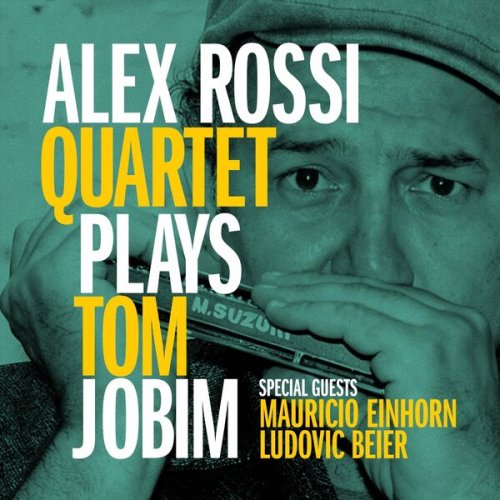
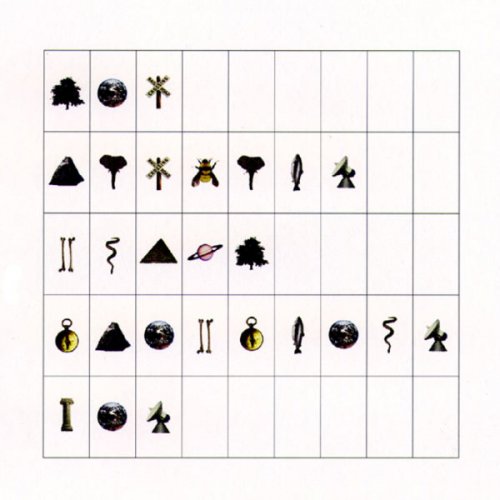
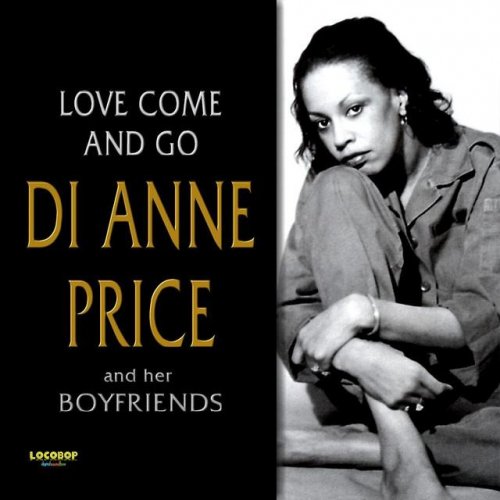
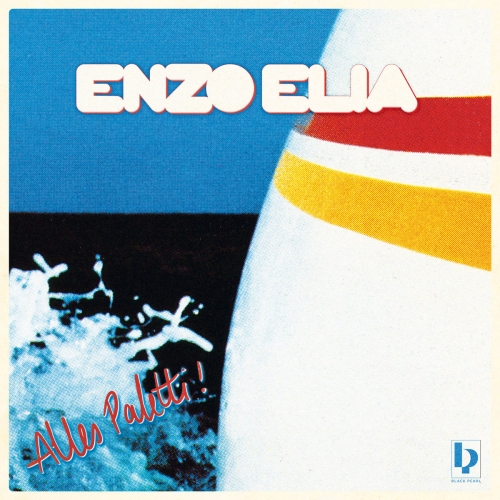


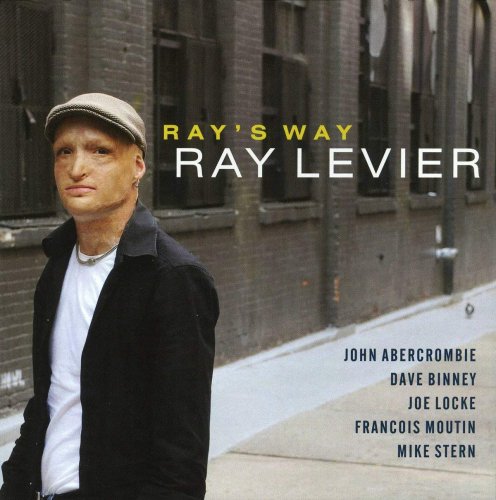
![Bert Peck & The Kings Of Dixieland - New Orleans Beat (1974) [Hi-Res] Bert Peck & The Kings Of Dixieland - New Orleans Beat (1974) [Hi-Res]](https://www.dibpic.com/uploads/posts/2026-01/1767794522_0191773011871_600.jpg)
